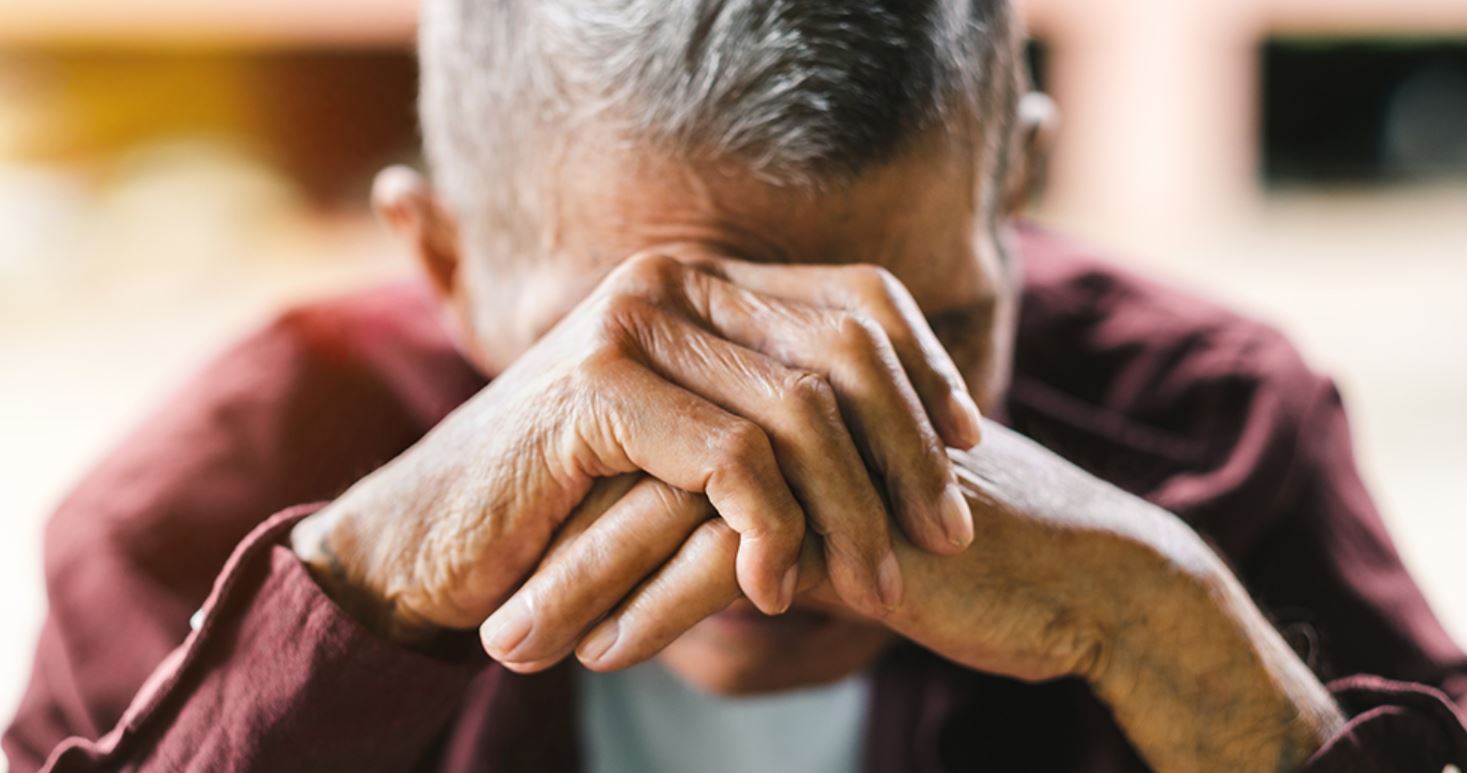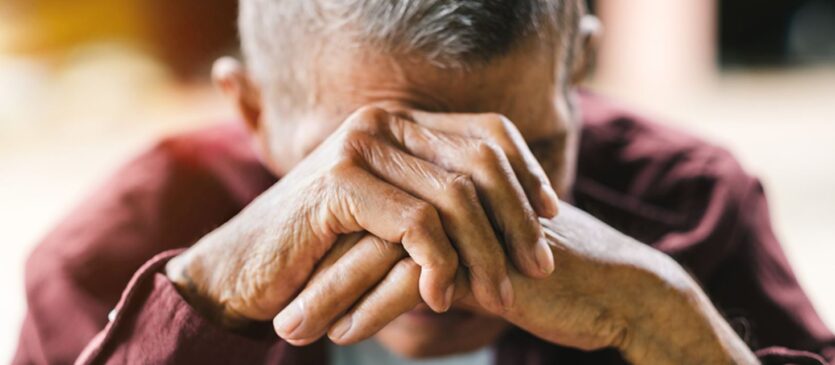Do you know an elderly adult who may be abused or neglected? Here are some guidelines to help you stop elder abuse.

What is Elder Abuse?
Elder abuse is an intentional act or failure to act that causes harm or increased risk to an older adult, age 60 or older.
As adults reach their golden years, they also become more physically frail. They are less able to take care of themselves, stand up for themselves, or fight back. On the other hand, mental and physical limitations due to ailments make them trying to care for and live with. Furthermore, they may be dependent on others and may also not hear, see, or think as clearly as they used to. All these make them prone to abuse, or for unscrupulous people to take advantage of them.
In fact, elder abuse tends to take place right where they the senior lives. Their abusers are often adult children, other family members, grand children, or spouse. It can also occur in care facilities, among other places.
This is why it’s important to spot elder abuse and to know how to stop them.
Types of Elder Abuse
The most common types of elder abuse are the following:
- Physical abuse – involves intentional use of physical force such as hitting, pushing, slapping
- Sexual abuse – involves forced or unwanted sexual interaction as well as sexual harassment
- Emotional or psychological abuse – involves verbal and non-verbal behaviors that cause mental pain, worry, anguish, distress, or fear. It involves humiliation, disrespect, threats, harassment, and even mind games.
- Financial abuse – this is the improper, illegal, and unauthorized use of a senior’s money, benefits, belongings, pension, properties, and assets to benefit another
- Neglect – this is the failure to meet the older person’s needs such as food, shelter, clothing, socialization, hygiene, and medical care.
How to Prevent Elder Abuse
- If you are in a different household, make sure to visit or check in on your elderly loved ones regularly and watch out for sings of abuse
- Find adequate, trained, and dedicated caregivers
- Educate your family members about elder abuse and what they should and should not do
- Honor and listen to your elderly loved ones about what they are feeling, thinking, and what their preferences are
- Provide help for over-burdened caregivers
- Don’t tolerate acts of abuse, no matter how little or small they are
- Report abuse or suspected abuse to authorities
- Make sure you get help from trusted names in adult daycare and assisted living to help you care for elder persons
At Blessed Home, we stand by our strong Filipino values of respect for the elderly and caring for them as if they are our very own family. Our caregivers are experienced and trained to provide the highest level of care for your elderly loved ones. Talk to us to learn more.


Recent Comments